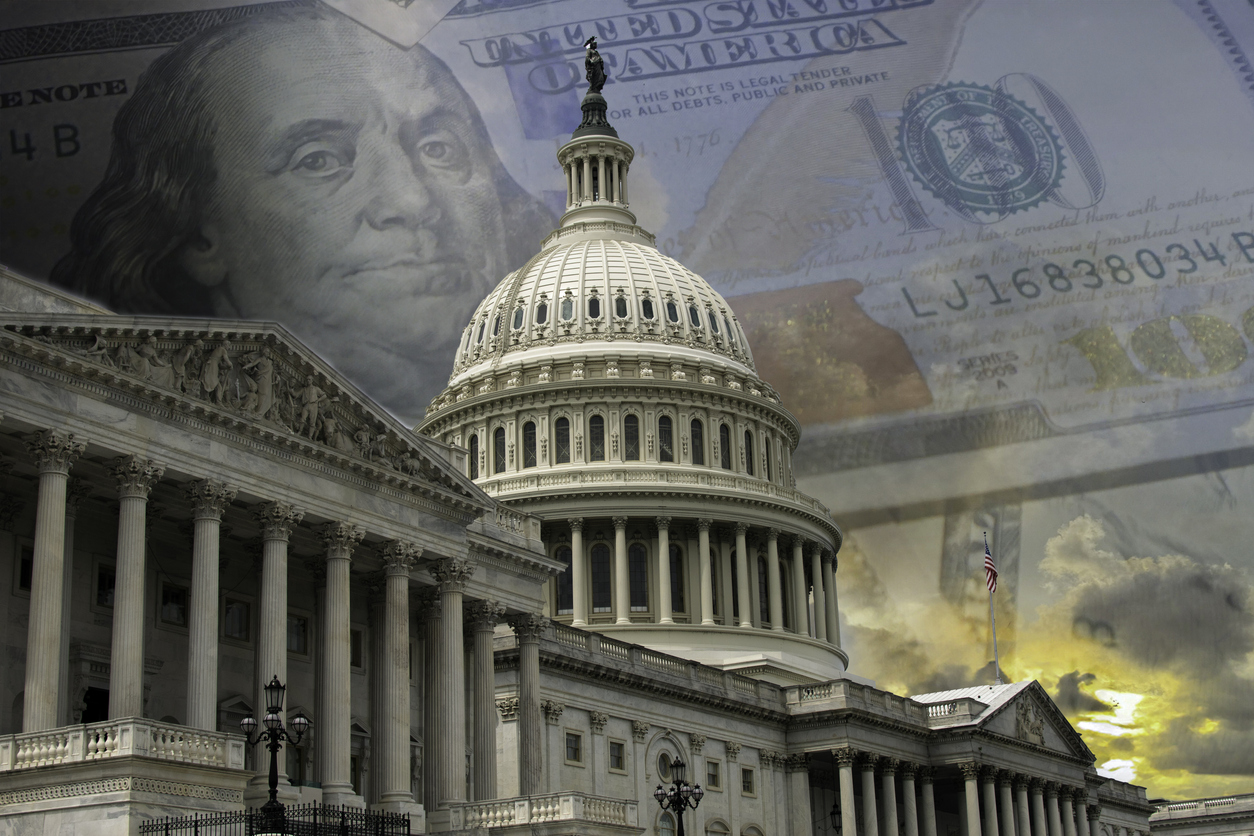
Section 1115 waivers, also called Section 1115 demonstrations, are a provision of the Social Security Act that gives the Secretary of Health and Human Services the authority to approve funding for experimental or test projects proposed by states that promote the objectives of the Medicaid program. Accordingly, with these waivers, states can design programs that provide access to high-quality, appropriate substance use disorder (SUD) treatments for the specific challenges faced by each state.
The waivers enable states to implement innovative strategies that improve healthcare services for low-income populations, expand coverage, and achieve specific health goals.
Interested in applying 1115 Waivers to provide innovative SUD care and support?
Key Features of Section 1115 Waivers
- Flexibility: States can design and implement programs that address the specific needs of their Medicaid populations without adhering strictly to federal regulations. States have the ability to modify eligibility requirements, benefit packages, and cost-sharing structures to experiment with new care delivery models.
- Goals for Improvement: The waivers can target specific goals, such as enhancing access to care, improving health outcomes, managing costs, or integrating services for different populations.
- Approval Process: States must submit a proposal to the Centers for Medicare and Medicaid Services (CMS) outlining how the waiver will affect Medicaid beneficiaries, the objectives of the program, and how it will be evaluated.
- Time-Limited Demonstrations: The waivers are typically granted for a limited period (usually five years but can be renewed) and are subject to ongoing evaluation to assess their impact.
- Funding: States may receive federal funding to support their innovative approaches, potentially allowing them to expand programs or mitigate costs associated with implementing new initiatives.
Funding SUD programs with Section 1115 waivers
States are increasingly utilizing Medicaid Section 1115 waivers to fund innovative programs aimed at addressing substance use disorder. Programs include a focus on:
Expanding Coverage
States are using waivers to expand Medicaid eligibility to include more low-income individuals with SUD, ensuring these populations have access to treatment services, including inpatient and outpatient rehabilitation, medication-assisted treatment (MAT), counseling, and recovery support services. Additionally, waivers are being used to expand coverage to incarcerated individuals with SUD through the Medicaid Reentry Section 1115 Demonstration Opportunity. This waiver provides access to Medicaid to treat incarcerated individuals with SUD in the critical time immediately before their release. With the rate of SUD for incarcerated individuals as high as 65 percent, according to a National Institute on Drug Abuse report, this opportunity is vital to preventing a return to use and overdose. As of July 2024, nine states have been approved for the Medicaid Reentry Section 1115 Demonstration Opportunity, and several more are pursuing it.
Integrating Behavior Health Services
Waivers allow states to implement programs that integrate substance use treatment with mental health services and primary care. As a result, individuals receive comprehensive care that addresses the full spectrum of healthcare needs and supports a more collaborative care model, fostering better coordination and continuity of care for SUD patients.
Innovative Treatment Modalities
Evidence-based behavioral interventions, such as contingency management, can be funded through Section 1115 waivers. Contingency management provides reinforcements and rewards to individuals when they take positive actions, such as engaging in treatment and adhering to recovery programs. Michigan’s Recovery Incentives Pilot program specifically funds the use of contingency management for individuals on Medicaid who have been diagnosed with stimulant or opioid use disorder. Likewise, Washington state has a similar program as part of its Medicaid Transformation Project. Other states have approved waivers, and more are in the process of gaining approval for the use of contingency management with a Section 1115 waiver.
Enhanced Provider Payment Models
States can use waivers to establish alternative payment models that incentivize providers to offer more comprehensive and effective SUD treatment options rather than traditional fee-for-service models.
Community-Based Services and Outreach
Waivers allow for funding community-based organizations that provide outreach, education, and peer support, ensuring individuals in need receive assistance in navigating the treatment landscape. Additionally, some states are using waivers to fund transitional housing or sober living programs.
Data Collection and Evaluation
States can use waivers to implement data-driven approaches to monitor the effectiveness of their SUD initiatives and tailor programs based on metrics of success and areas for improvement. They can also be used to facilitate state-led research initiatives to evaluate new and innovative practices for SUD treatment and recovery.
Section 1115 Waivers in Use
The following states are using funding from Section 1115 waivers for innovative programs to address substance use disorder.
Contingency Management Programs
- California Recovery Incentives Program
- Delaware Diamond State Health Plan
- Michigan Recovery Incentives Pilot
- Montana Healing and Ending Addiction through Recovery and Treatment
- Washington State Medicaid Transformation Project
Extending SUD Treatment Services to Incarcerated Individuals
Medicaid Reentry Section 1115 Demonstration Opportunity
- California
- Illinois
- Kentucky
- Massachusetts
- Montana
- Oregon
- Utah
- Vermont
- Washington
Other Uses of Section 1115 Waivers for SUD Treatment
Medicaid lists the dozens of states using Section 1115 Waivers for SUD treatment. As programs are tests or pilots, each is slightly different.
SUD Treatment Services for Individuals with Serious Mental Illness
Tracking Effectiveness of Section 1115 Waivers for SUD Treatment
States that implement programs funded by Section 1115 Waivers are required to meet CMS requirements for monitoring and evaluation. Specific templates developed by CMS guide states through implementation, monitoring protocol and reporting, assessment technical assistance, and evaluation design. States provide quarterly and annual reports on their programs.
In addition to Medicaid Section 1115 waivers, a diverse range of funding sources is being leveraged to develop innovative, scalable, and sustainable solutions for addressing substance use disorder. These multifaceted funding streams enhance state programs’ capacity and foster collaborative efforts among stakeholders to implement effective prevention and treatment initiatives.
